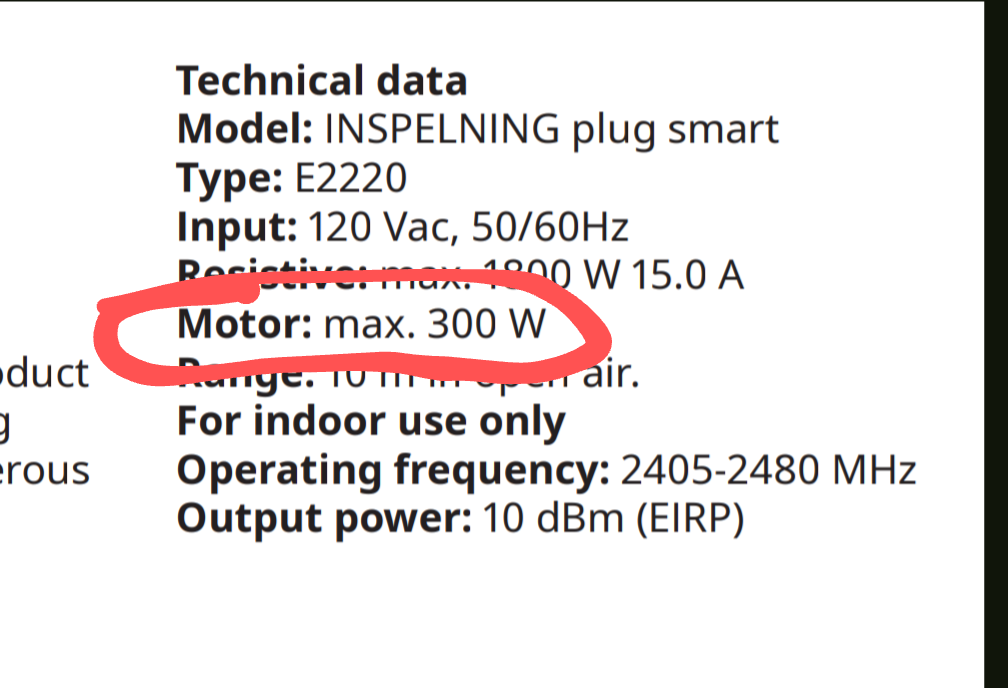I used to use R7800s. Then switched to UAP AC Pro / U6 Pro. Today just tested the OpenWrt One.
- The R7800 (on OpenWrt) is superb, fast, reliable. Can't say anything bad about it. One of the most successful wireless platforms I've used. Probably the best implementation of this chipset too.
- The UAP AC Pro / U6 Pro perform better than the R7800. They have significantly better radio performance. The range is longer, coverage is uniform, performance is more consistent within the covered area. Adding a local Unifi controller (can be done in Docker) adds some nice wireless and management features like band steering. They don't work well for bridging / mesh though. I had to run a bridge at some point and a set of Unifi had significant latency spikes, making it bad for gaming and other low-latency applications. A R7800-to-R7800 wireless bridge in the same application was superb with consistently low latency. Unifi can be had for cheaper second hand. Lots of corpos have them and old units get dumped upon upgrades.
- The OpenWrt One, through my very limited testing shows great performance in good radio conditions. Once you put some obstacles for the signal, performance degrades much quicker than Unifi U6 Pro. In a particular test where the Unifi achieved 50Mbps, the OpenWrt One did 1.5Mbps. I haven't compared it to an R7800. I don't know if it would perform any better with different antennas.
Before that I've used R7000, WZR-300HP, WL-500g, WRT54G/L, among others, but none of these are relevant today. :D

We're perfectly optimistic about most technology. We can see how we can benefit from it, once most of the value it produces no longer ends in the owner class'es pocket.